-crop-770x475.png)
Keen to know if your research is on point? CSIRO’s ON Prime pre-accelerator is for you
CSIRO is searching for the next cohort of researchers ready to build the confidence and skills to undertake customer discovery and market validation activities that can take their research further. Here, four ON Prime alumni explain how CSIRO’s pre-accelerator delivers all that – and much more.
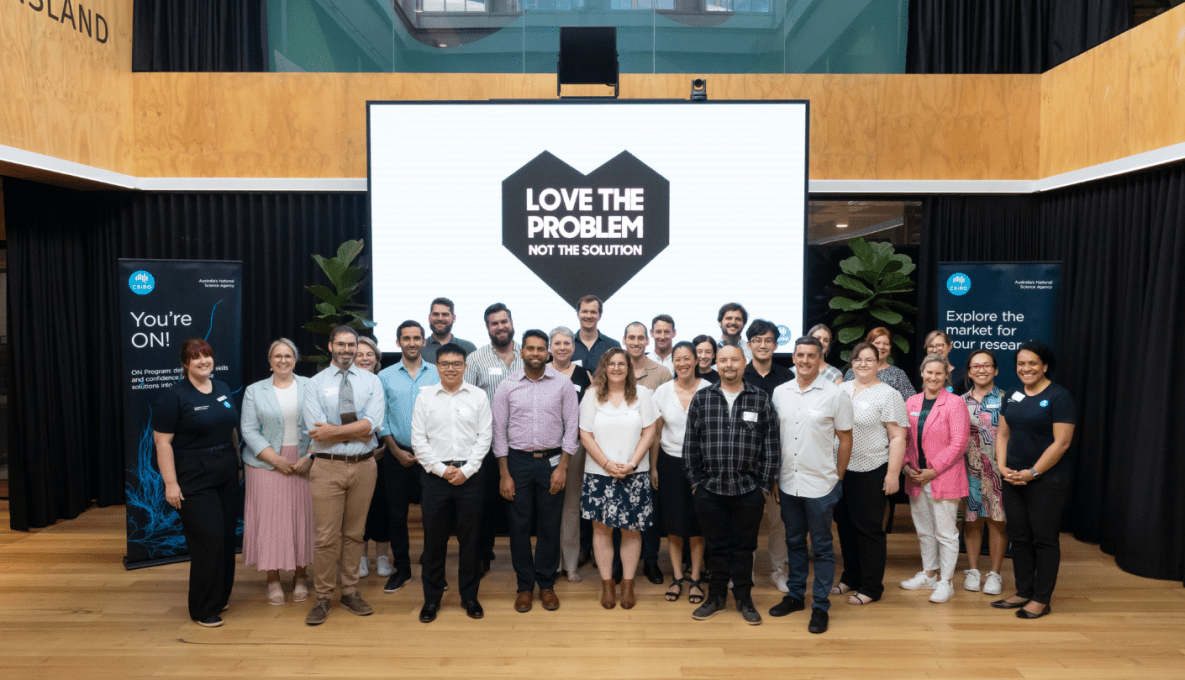
- Share via Facebook: Keen to know if your research is on point? CSIRO’s ON Prime pre-accelerator is for you
- Share via LinkedIn: Keen to know if your research is on point? CSIRO’s ON Prime pre-accelerator is for you
- Share via Twitter: Keen to know if your research is on point? CSIRO’s ON Prime pre-accelerator is for you
- Share via E-mail: Keen to know if your research is on point? CSIRO’s ON Prime pre-accelerator is for you
CSIRO is back with another round of ON Prime – the pre-accelerator program that’s levelling up both the impact of Australian research, and the researchers themselves.
A key investment in the Australian Government’s research translation and commercialisation agenda, ON Prime helps researchers undertake customer discovery and market validation activities that can drive their research further.
ON Prime is a free program targeted at Australian publicly-funded researchers from any discipline – at any stage of their research. Supporting 100 research teams every year with a national network of educators and mentors – plus the might of CSIRO’s deep tech expertise – ON Prime empowers brilliant researchers with the skills, network and knowledge to understand their potential and translate their big ideas into real-world impact.
ON’s Ecosystem & Partnerships Program Manager, Josh Pitt explained, “We've had over 1,300 teams graduate since we began in 2015. Over 70 new ventures have been created, attracting more than $350 million in investment. $320 million in commercialisation grants has been secured, and more than 700 jobs have been created.”
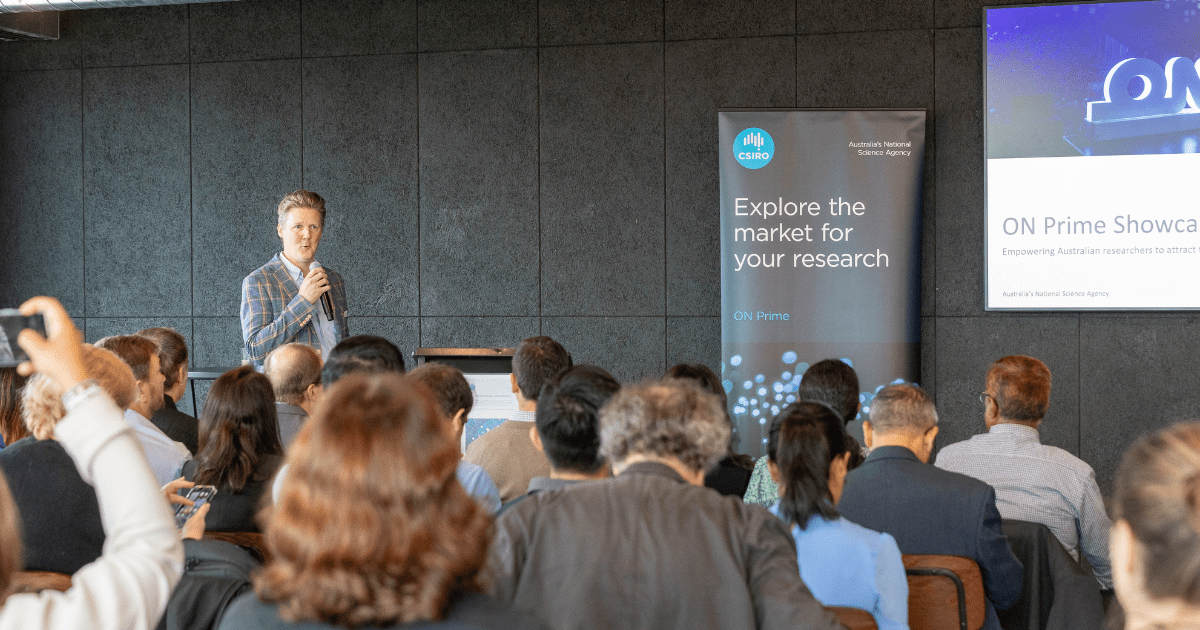
ON Prime offers researchers a dynamic and interactive nine-week learning experience, kickstarted with a full day immersion, followed by virtual facilitated sessions with educators and mentors – a dedicated resource who works with a research team for the duration of the program.
“The style of learning is very much focused on the problem researchers are trying to solve,” explained Josh. “Teams will come in with an idea, and by the end of the program, they’ll have spoken to 100-odd stakeholders across their relevant industry. They evolve a deeper understanding of what the pain points are, and what the best solution might be.”
Validation – or reckoning?
For some researchers, the intensive customer discovery validates their idea. But for most, like ON Prime 14 alumnus, Brendan Kidd, of Controlled Environment Biologics – it is somewhat of a reckoning.
Collaborating with the University of Queensland, Brendan and the team had long-been exploring plants as medicine. “We really wanted to know whether there was industry potential for our work,” explained Brendan. “Because there have been startups in this area, but they many of them have struggled to reach commercial success.”
ON Prime helped to unpack why. Under the guidance of their mentor, the team mapped their stakeholder ecosystem, and embarked upon 100 conversations (the benchmark which mentors set for customer discovery) to clarify both the industry pain points, and the potential of their solution.
Brendan explained, “That process was a reckoning for us – a realisation that our initial idea of plants as medicine wasn’t what industry wanted. It showed that pharmaceutical companies weren’t keen on exploring new approaches when they already have production processes and regulatory approvals in place.”
On the upside, those conversations highlighted other pathways where Controlled Environment Biologics’ skillset and technology could deliver big impact, such as water filtration in aquaculture, and effluent management in dairy and intensive livestock production.
For now, Brendan’s team is back in the exploratory phase – but thanks to ON Prime, they’re informed by a sharper focus on what industry needs, and how they can harness their tech to deliver it.
Embrace the process – and the hard truths
Fellow ON Prime 14 alumnus, Dr. Steve Leib, was also inspired to pivot. Steve and the IoD [Internet of Drones] Research Team from Central Queensland University entered ON Prime to validate their idea of mobilising drones to monitor threats to livestock. Instead, the program catalysed a rethink.
“ON Prime is a very introspective process which, for us, meant a major overhaul of how we conceptualised our idea. As our understanding of the problem expanded, components that we once thought were critical turned out not to be; components that were just ‘nice to have’ were essential.”
Steve reflected on ON Prime as an intense – at times, confrontational – process. “There were times when we wondered, ‘Should we just scrap this whole thing?’ But the program is designed to support teams through those tough moments. And at the end of the day, [if you really want to deliver research with impact], you need to be asking the hard questions of your idea – and be open-minded enough to go back to the drawing board.”
“For us, the result is that we now have a [multi-faceted, co-designed] solution that better meets industry needs, [has more commercial potential], and – is something we’re really proud of.”
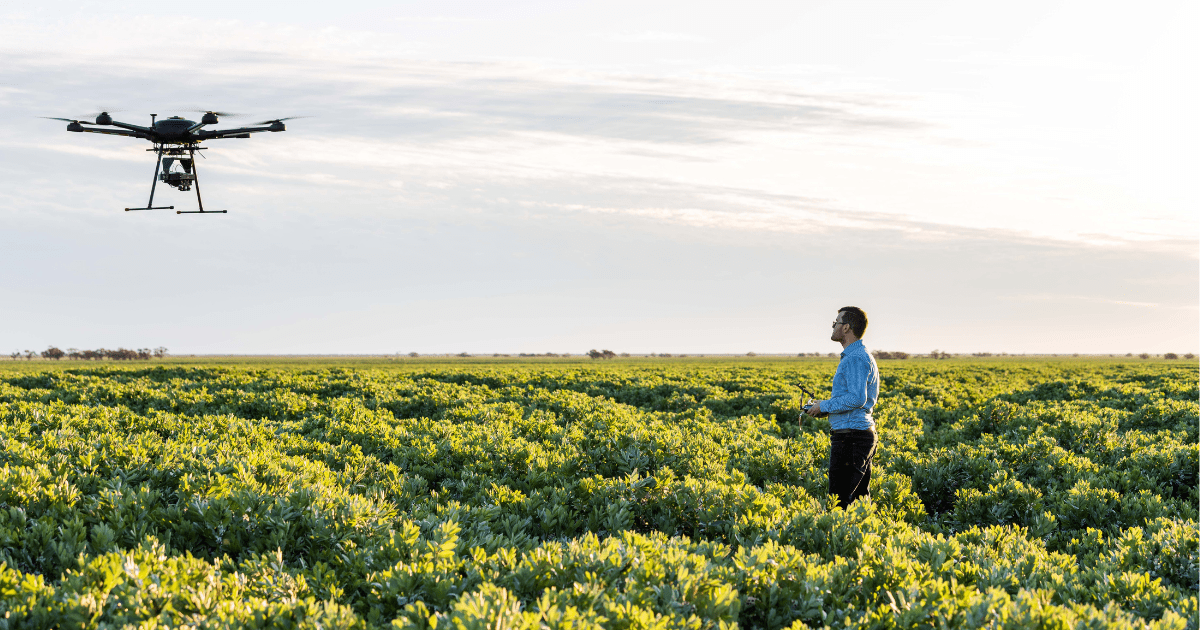
Customer discovery unlocks new verticals
For Infinite Bioworks, ON Prime 13 encouraged a pivot in market, not technology. The James Cook University team is developing cell technology for food ingredients and advanced materials, and co-founder, Luke Deacon, explained the potential is bigger than they realised.
“We had this bit of tech that could produce animal ‘starter cells’ for the cultivated meat industry, which currently has really high production costs and is hard to scale. The customer conversations we had through ON Prime validated our assumption that high protein-producing starter cells would [significantly] reduce the cost of production – and transform cultivated meat production.”
“But those customer conversations also revealed verticals for advanced materials that we are now chasing, such as the market for alternative leather which is slaughter-free, but still made from animals, it’s also better for the environment in terms of reduced carbon emissions, water usage and harmful chemicals in the tanning process.”
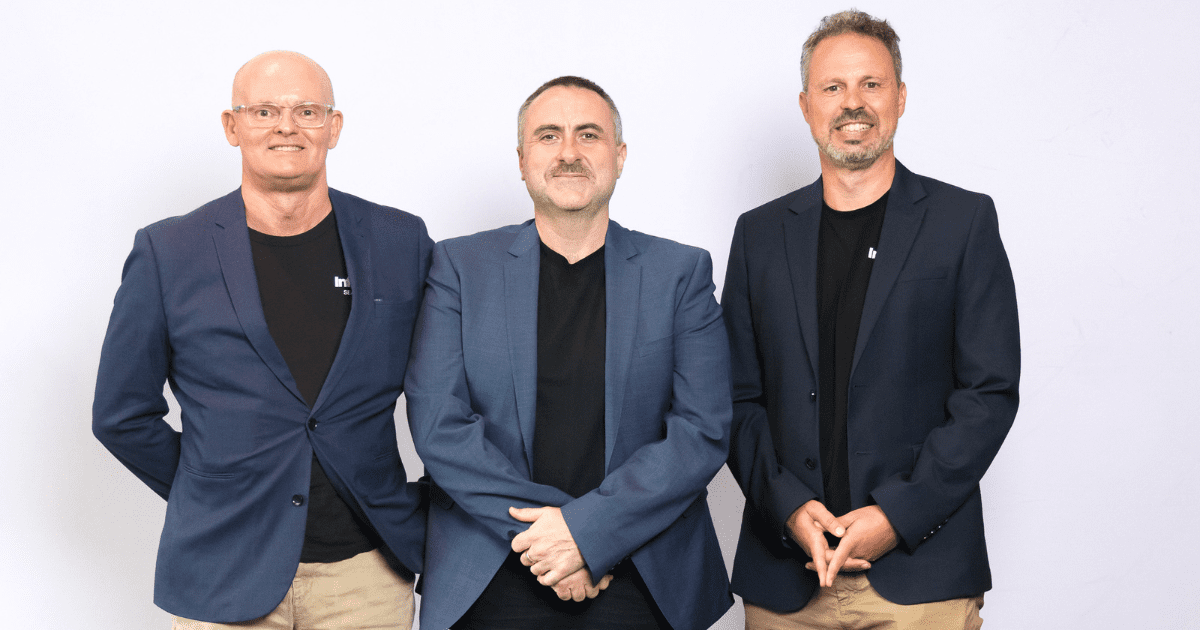
Branching out with new skills – and new yeast strains
For co-founder of Wild Yeast Zoo, Claudia Holt, ON Prime 12 was as much about testing herself as it was testing assumptions. The University of Newcastle PhD candidate in synthetic biology explained how the program challenged her to step outside her comfort zone.
“As academics, we don’t really know how to talk to industry or business; it’s not something we typically do. ON Prime got me over the line to having these conversations, and realising it isn’t as scary as I once thought.”
Those conversations were made easier by the team’s mentor, who helped clarify their value proposition, translate the science into language that resonated with industry and business, and refine their pitch.
And that pitch is compelling: a technology than can revolutionise the global precision fermentation industry. At its core is a biobank or ‘zoo’ of genetically sequenced new ‘wild’ yeasts and improved yeast strains that, together, will boost the diversity of microscopic fungi for food, fuel, and pharmaceutical production – and unlock new verticals like cosmetics and self-care products.
“ON Prime validated the need for a transformative middleman in the precision fermentation space, someone with a novel way of engineering yeast organisms to optimise their functionality – and help the precision fermentation industry lower its cost of production.”
Thanks to ON Prime, Claudia and the team from Wild Yeast Zoo have built the skills, networks, and confidence to become that middleman.
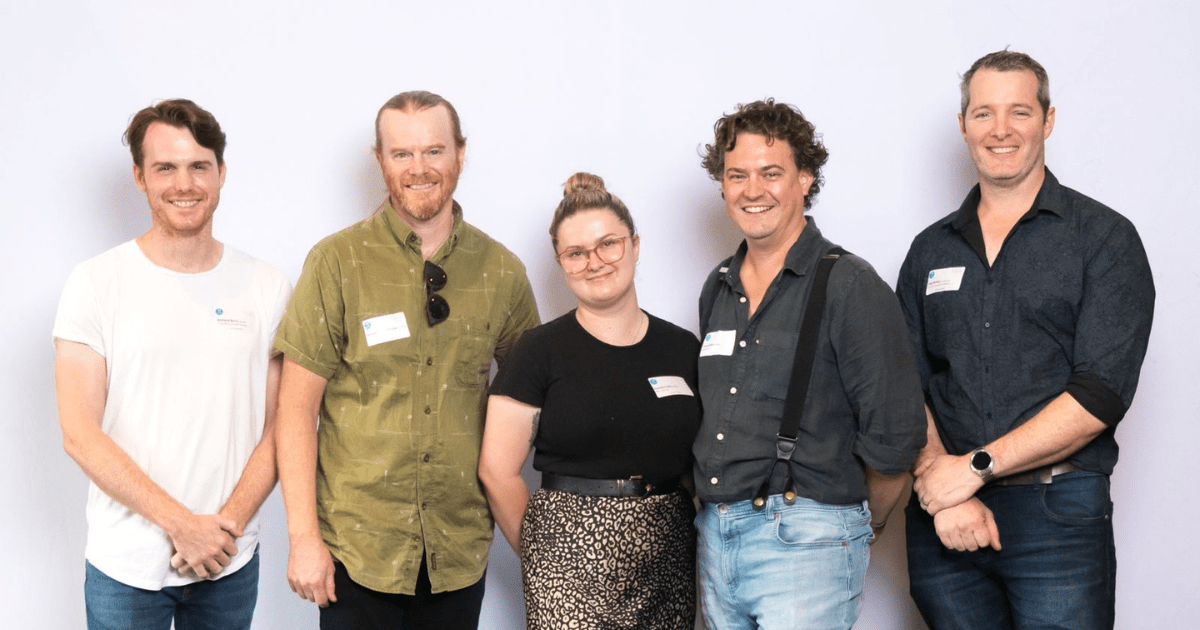
What’s ON next for ON Prime alumni?
Wild Yeast Zoo and Infinite Bioworks aren’t yet done with their ON experience. They’re joining eight other startups for ON Accelerate – CSIRO’s structured accelerator that provides entrepreneurial researchers the tools and resources to translate Australian research into real-world impact. On the line is a chance at securing up to $180,000 to fast-track their market traction.
Having pivoted from plants as medicine, Controlled Environment Biologics are pursuing a promising Australian native plant with the potential to overhaul the way we manage common environmental, industrial, and agricultural challenges – from treating wastewater to providing a high-protein food and feed source.
The IoD Research Team is now seeking funding for its refined, co-designed livestock security platform. Steve Leib explained, “We are so proud of this product now. It's had input from almost 100 people through ON Prime, and we’re very confident that it’s a great idea.”
“We just need to find the funding to make it happen.”
To enquire about the researchers and entrepreneurs featured here, contact the growAG. team.
The application round for ON Prime 15 is now open. To find out more and to apply, visit the website. Applications close Wednesday, 14 February 2024, at 5 pm AEDT (GMT+10).
To be notified of all future ON rounds – including the once-yearly application round for ON Accelerate, subscribe to the ON Innovation mailing list.
Related highlights
Explore all highlights-crop-850x675.png)
Looking for engagement?
Showcase your commercialisation opportunity today.
Talk to our team to discuss how growAG. can connect your innovation to industry.
Have questions? Find answers to our most frequently asked questions on research projects, commercial opportunities, organisations and more.
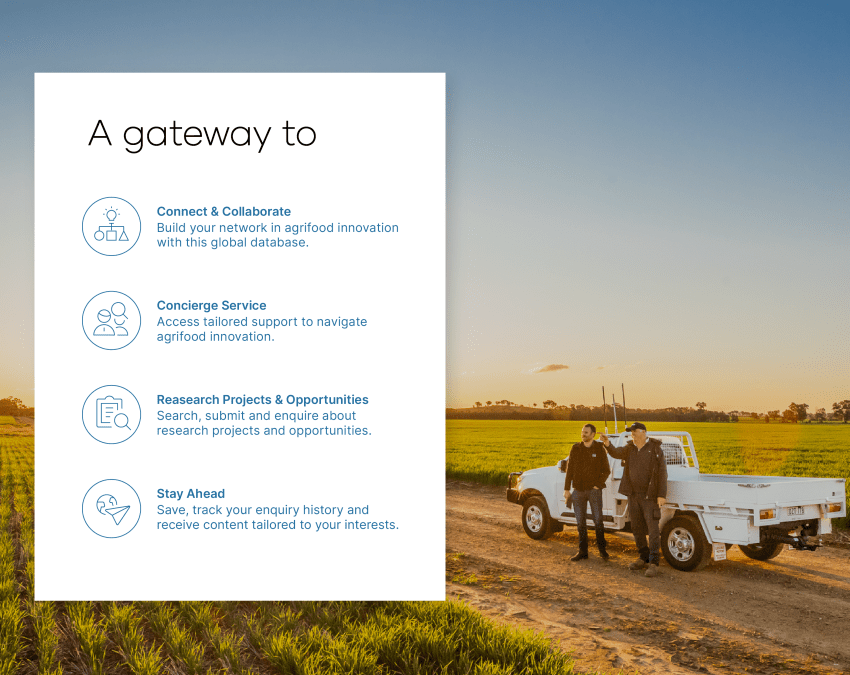
-contain-190x60.jpg)
-crop-770x475.png)
-crop-770x475.png)